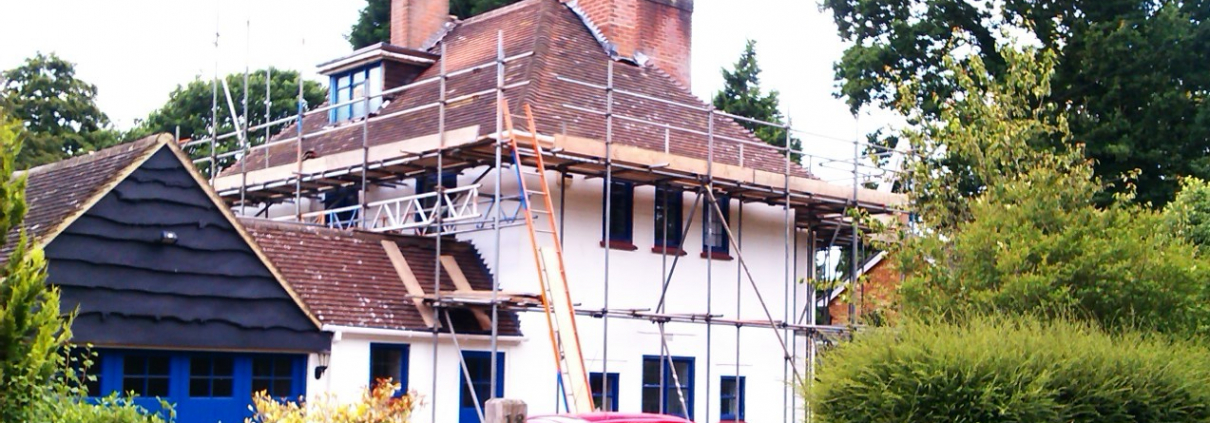July 2023 – NAO Report Calls Sunak’s Home Insulation Scheme “A Fraudster’s Paradise”
In an unusually hard-hitting report dated July 10th, 2023, the UK’s National Audit Office criticised the home insulation scheme introduced in 2020 by the then-Chancellor, Rishi Sunak.
The first problem, says the report, was that the huge increase in demand for the services such as roof and cavity wall insulation caused “significant inflation in the market”. That could have been foreseen; just as the massive leap in demand for PPE (personal protective equipment) during the Covid-19 pandemic caused prices to rise by a factor of 10, the money flowing into the insulation scheme had similar (if not quite such dramatic effects). That “could easily have been predicted”, says NAO, and in itself cost the taxpayer hundreds of millions.
But the bigger problem was fraud carried out by the building firms involved, sometimes independently of their customers and sometimes with the two parties collaborating to rip off the government.
In many cases, the firms quoted far more than the fair market price of the work, telling the customer not to worry because the government would pay, and the installer would then make a payment to the householder as a “thank you”. The firms then relied on the government not having either the resource or the skills to check whether the price quoted was reasonable or not.
The more sophisticated fraud saw builders and homeowners putting in claims, and then splitting the money without the work actually been done, or after much lower value work was carried out. Whilst the government claimed that it would be carrying out spot-checks, “in practice, so few were done that this did not prove to be a serious deterrent”, says the NAO. Some checks were carried out by email or phone, “making it easy householders to obscure the truth”. It took the NAO’s own highly-trained mobile squad of unarmed-combat-expert investigators to “extract the truth” as the report puts it, assuring us that there were very few serious injuries to the team or to citizens.
In other cases, homes already had insulation, so even with inspection it was difficult to prove whether or not the work had not been done as part of this programme. There were also several cases of “insider fraud”, where the staff handling the voucher scheme (working for the outsourced service provider) colluded with outsiders to fraudulently obtain money.
The Treasury and the Department for Home Insulation responded saying that “the scheme was largely successful, and over 2 million households have benefited from it”. But there has been no measurement of the effect on emissions or on costs for homeowners because the scheme did not “baseline” the starting point, another failing highlighted in the NAO report. At Prime Minister’s Questions today, Boris Johnson described the scheme as a “spiffing great success”, and said “ we can celebrate that the unprecedented toasty warmth of the Englishman’s house and home has been assured for the centuries”.
OK, this is fantasy of course. But my cynical, suspicious mind looks at schemes like the new home insulation grants, announced by Sunak yesterday, and immediately starts looking for the holes that might allow fraud and corruption. (And if you don’t think governments ever get this sort of thing wrong, do check out the Northern Irish Renewable Heat Incentive scandal).
It’s all about incentivisation really – how the firms and the householders perceive the incentives that influence their behaviour. And if there are incentives for behaving badly (committing fraud), then you have to put in place measures to stop that, because people do respond to incentives.
Indeed, I have a whole chapter on that in my new book, Bad Buying – How Organisations Waste Billions Through Failures, Frauds and F**k-ups (to be published in October by Penguin Books). So I do hope the government doesn’t rush into this without getting a few cynical bas**ds like me to look for the loopholes and the opportunities for fraud! The scheme is not necessarily a bad idea, but there’s a lot of taxpayers’ money at stake here.



My wife has pointed out another source of fraud – “cowboy builders” who simply won’t do the work very well. A good point…